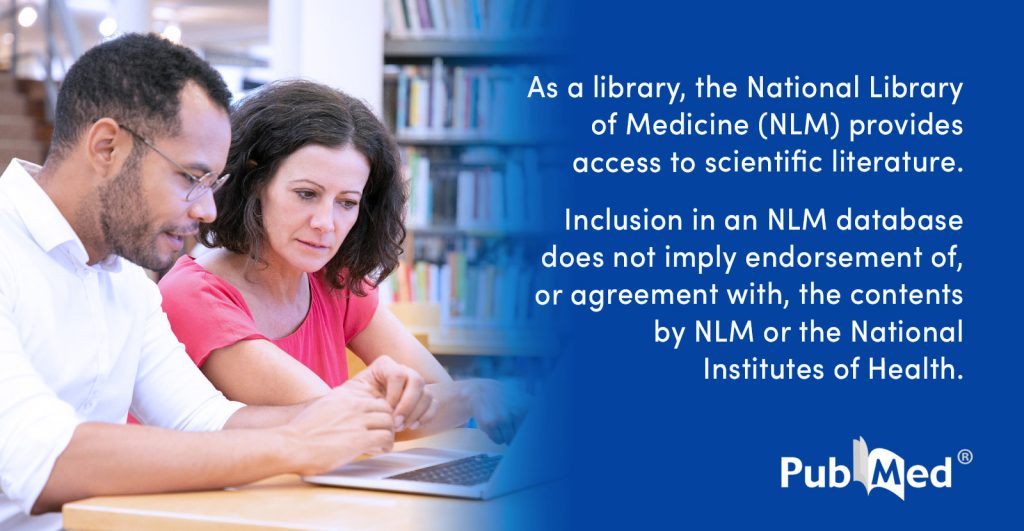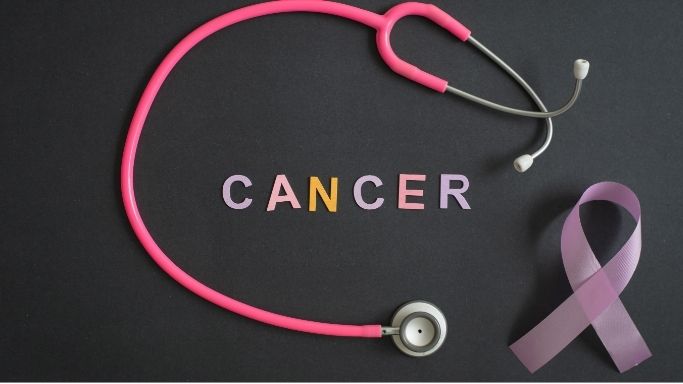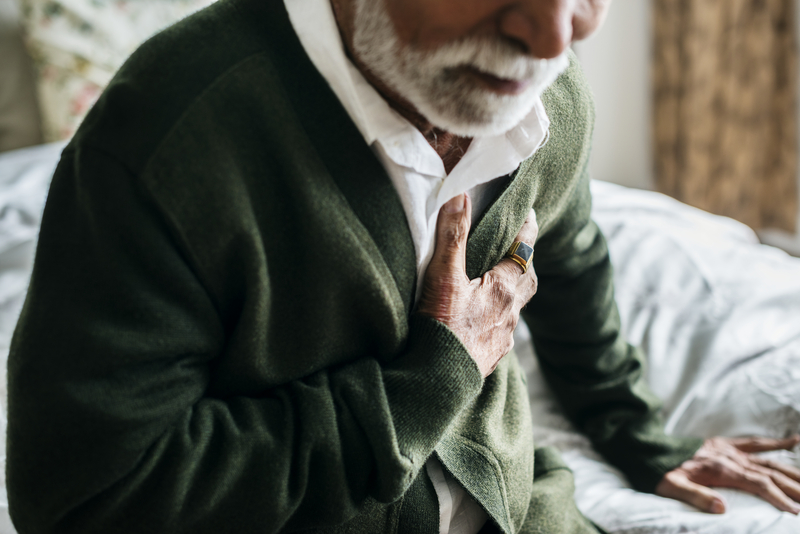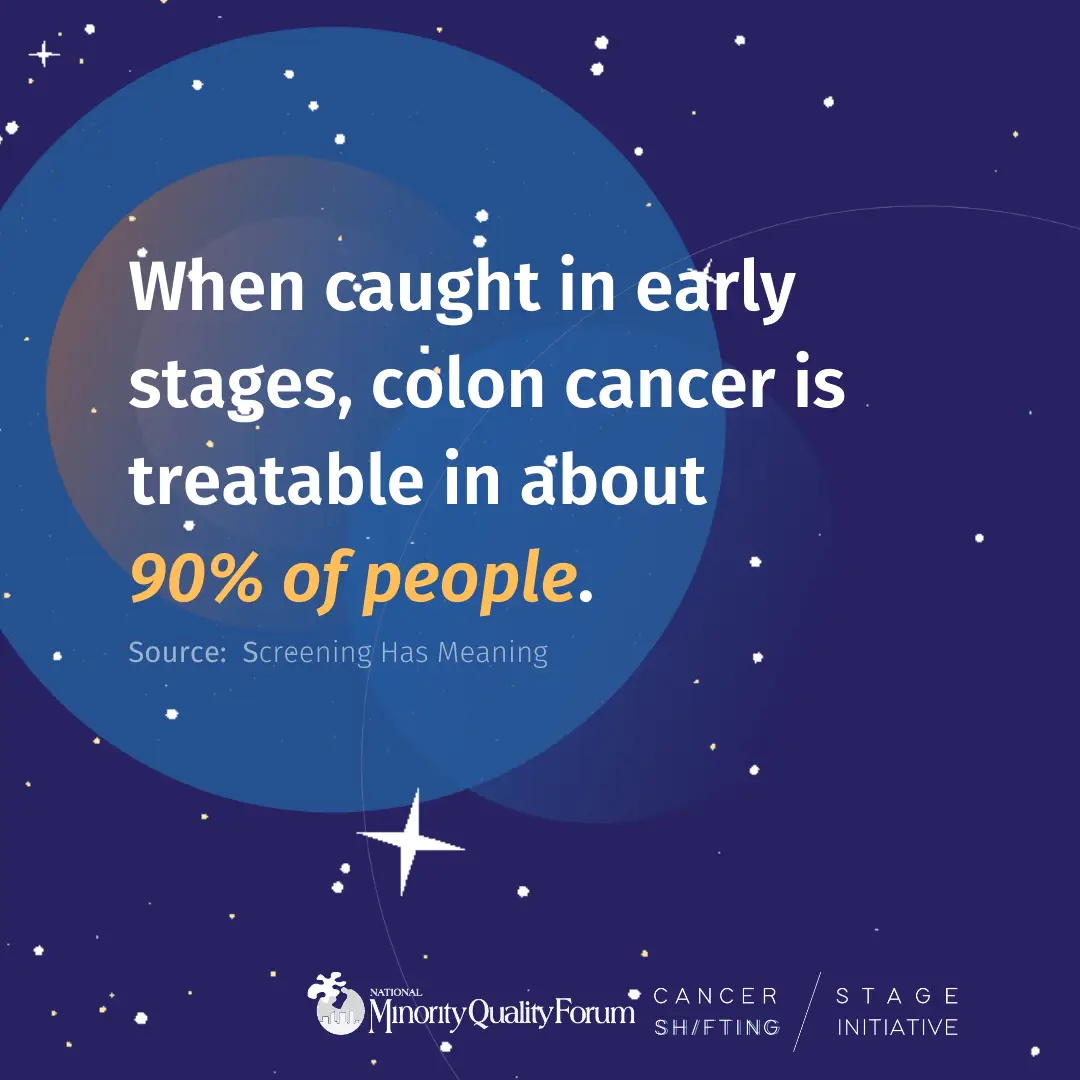NCBI
Structural Racism and Lung Cancer Risk: A Scoping Review
Importance:
Structural racism is associated with persistent inequities in health and health outcomes in the US for racial and ethnic...
Sharing and seeking information about skin cancer risk and prevention among Hispanic people from Florida and Puerto Rico
Objective:
To explore factors associated with communication and information-seeking after receipt of skin cancer prevention informat...
Avoidance of medical care among American Indians with a history of cancer during the coronavirus pandemic
Objectives:
Assess the percentage of cancer-related appointment delays, cancelations, and the unavailability of medications experien...
Loneliness and Frailty Among Middle-Aged and Aging Sexual Minority Men Living With or Without HIV: A Longitudinal Cross-Lagged Panel Analysis
Background and objectives:
Loneliness is associated with frailty among older adults (60+), and there is evidence suggesting that thi...
Poverty and inequality in real-world schizophrenia: a national study
Background:
Schizophrenia has high socioeconomic impact among severe psychiatric disorders.
Aims:
...
Explaining COVID-19 related mortality disparities in American Indians and Alaska Natives
American Indian and Alaska Native (AI/AN) individuals are more likely to die with COVID-19 than other groups, but there is limited empirical eviden...
Trending Topics
Features
- Drive Toolkit
Download and distribute powerful vaccination QI resources for your community.
- Health Champions
Sign up now to support health equity and sustainable health outcomes in your community.
- Cancer Early Detection
MCED tests use a simple blood draw to screen for many kinds of cancer at once.
- PR
FYHN is a bridge connecting health information providers to BIPOC communities in a trusted environment.
- Medicare
Discover an honest look at our Medicare system.
- Alliance for Representative Clinical Trials
ARC was launched to create a network of community clinicians to diversify and bring clinical trials to communities of color and other communities that have been underrepresented.
- Reducing Patient Risk
The single most important purpose of our healthcare system is to reduce patient risk for an acute event.


















